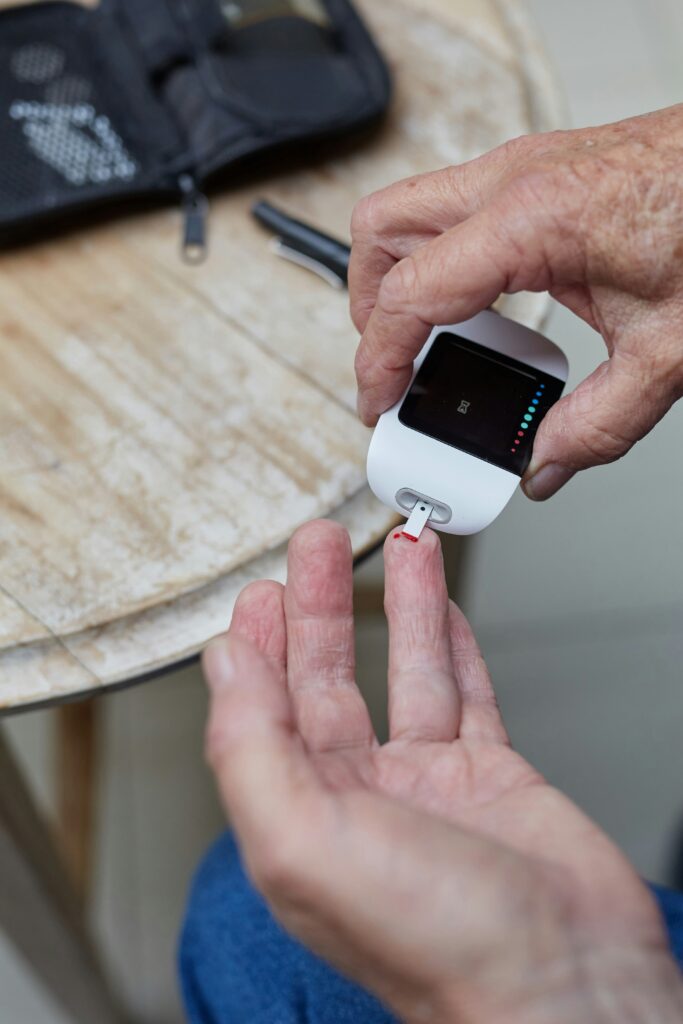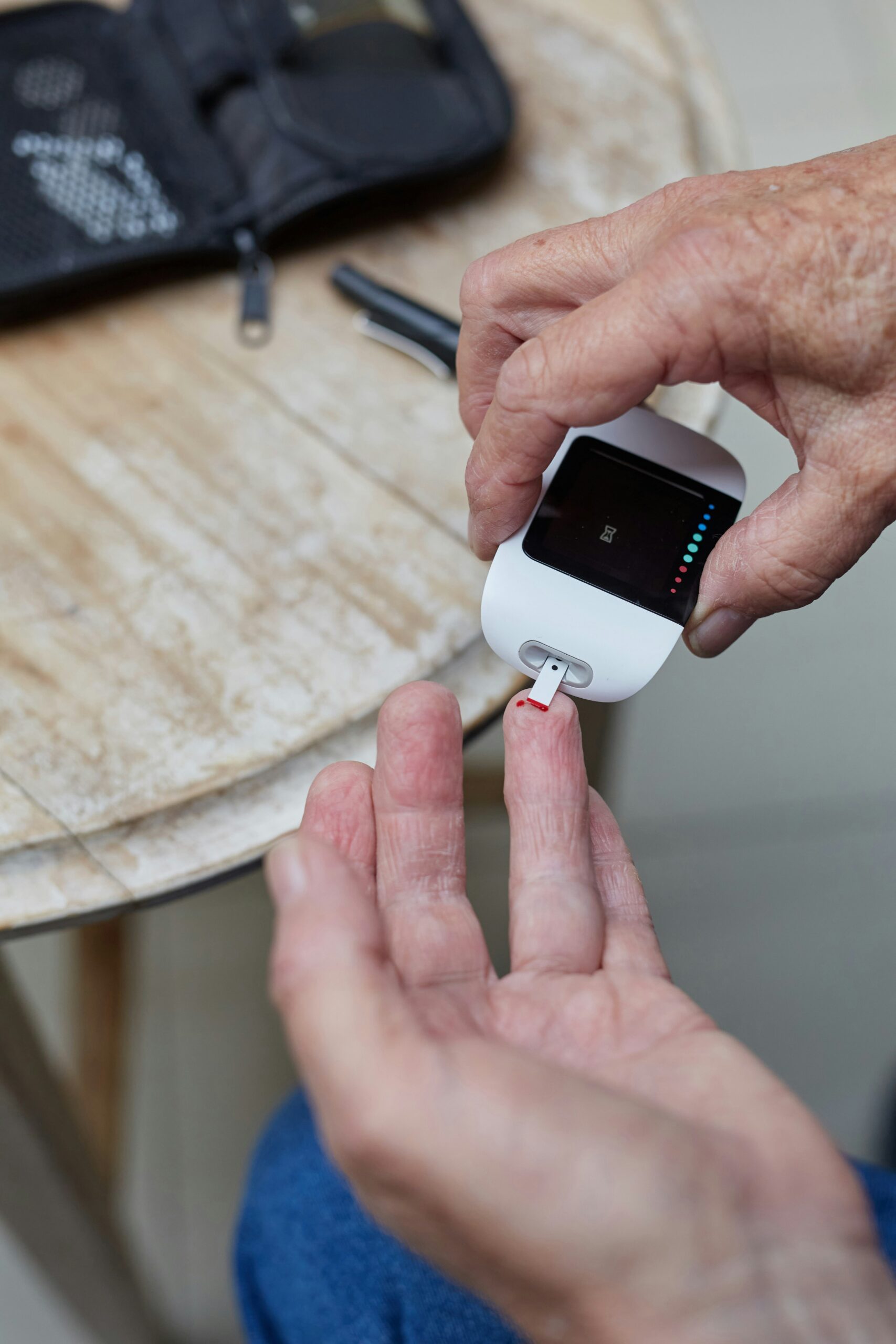
Imagine waking up one morning feeling a bit off. You’ve been unusually tired, and your skin has that nagging itch that just won’t go away. You brush it off as a long week and carry on with your day. But as the days turn into weeks, you notice strange changes in your body—your vision blurs unexpectedly, you’re experiencing tingling in your fingers, and despite eating well, the scale isn’t budging.
For many, these symptoms might seem unrelated or minor, but for millions living with diabetes, they could signal something more significant. Diabetes is often characterized by well-known symptoms like excessive thirst and frequent urination, but the reality is that it can manifest in many less obvious ways. Understanding these uncommon symptoms is crucial for early detection and management, especially for those who may not even realize they are at risk.
In this post, we’ll explore 20 uncommon symptoms of diabetes that often fly under the radar. Recognizing these signs can empower you to take control of your health, leading to timely interventions and better overall well-being. Let’s dive in!
20 Surprising Symptoms of Diabetes You Shouldn’t Ignore
1. Fatigue
Feeling unusually tired, even after a good night’s sleep, can be a sign of diabetes. When your body can’t effectively use glucose for energy, it may lead to constant fatigue.
2. Blurred Vision
High blood sugar levels can cause the lens of the eye to swell, leading to blurred vision. This symptom may improve with better blood sugar control but can worsen over time if left untreated.
3. Frequent Infections
People with diabetes may experience more frequent infections, particularly in the skin, gums, and urinary tract. High blood sugar can impair the immune system’s ability to fight off infections.
4. Tingling or Numbness
Nerve damage (neuropathy) from prolonged high blood sugar levels can cause tingling or numbness in the hands and feet. This symptom may progress if blood sugar levels are not controlled.
5. Slow Healing of Wounds
Diabetes can slow down the body’s healing process due to impaired circulation and nerve function. Cuts and sores may take longer to heal, increasing the risk of infection.
6. Dry Skin
Dry, itchy skin can result from dehydration caused by high blood sugar levels. It can also be a sign of poor circulation or nerve damage.
7. Skin Rashes or Dark Patches
Some individuals may develop dark patches of skin, often around the neck or armpits, known as acanthosis nigricans. This condition can indicate insulin resistance, a precursor to type 2 diabetes.
8. Loss of Sensation
Diabetes can lead to peripheral neuropathy, which can diminish sensation in the extremities. This may make it difficult to feel temperature changes or injuries.
9. Mood Changes
Blood sugar fluctuations can affect mood, leading to feelings of irritability, anxiety, or depression. Hormonal changes in the body due to diabetes can also contribute to emotional instability.

10. Nausea or Vomiting
High blood sugar levels can cause nausea or vomiting, especially if they lead to diabetic ketoacidosis (DKA), a serious complication of diabetes.
11. Weight Loss
Unexplained weight loss can occur when the body starts using fat and muscle for energy due to its inability to utilize glucose. This is more common in type 1 diabetes.
12. Increased Hunger
13. Sore or Bleeding Gums
Gum disease is more common in individuals with diabetes, and symptoms may include swollen, sore, or bleeding gums.
14. Darkened Skin
Certain areas of the skin may appear darker and thicker, especially around the neck or underarms. This can be linked to insulin resistance and high blood sugar.
15. Frequent Nighttime Urination
Waking up multiple times at night to urinate (nocturia) can be a sign of diabetes. This occurs as the kidneys work harder to filter excess glucose from the blood.
16. Swollen Feet and Ankles
Fluid retention can occur due to diabetes-related complications, leading to swelling in the feet and ankles. This may also indicate poor circulation.
17. Changes in Sleep Patterns
Diabetes can disrupt sleep patterns, leading to insomnia or excessive sleepiness. High blood sugar levels may contribute to restless sleep or sleep apnea.
18. Heat Intolerance
People with diabetes may experience heat intolerance, feeling overheated more quickly or experiencing excessive sweating, even in moderate temperatures.
19. Digestive Issues
High blood sugar can impact the nerves that control digestion, leading to conditions like gastroparesis, which causes delayed stomach emptying, bloating, and nausea.
20. Frequent Headaches
Headaches can occur due to fluctuating blood sugar levels, dehydration, or as a side effect of diabetes medications. Consistent control of blood sugar can help alleviate this symptom.
These uncommon symptoms can be subtle and easy to overlook, making it essential for individuals, especially those at risk, to remain vigilant about their health. Early detection and management can significantly improve outcomes.
Understanding the uncommon symptoms of diabetes is crucial for early detection and effective management of this chronic condition. While many people are aware of the more common signs, being informed about the subtler symptoms can empower you to take charge of your health. If you or someone you know is experiencing any of these unusual symptoms, it’s essential to consult a healthcare professional for evaluation and guidance.
Staying informed about diabetes can be a powerful tool in maintaining your health and well-being. To receive the latest updates, tips, and resources related to diabetes and other health topics, we invite you to sign up for our newsletter. Join our community today and take the first step towards a healthier future!

Leave a Reply
You must be logged in to post a comment.